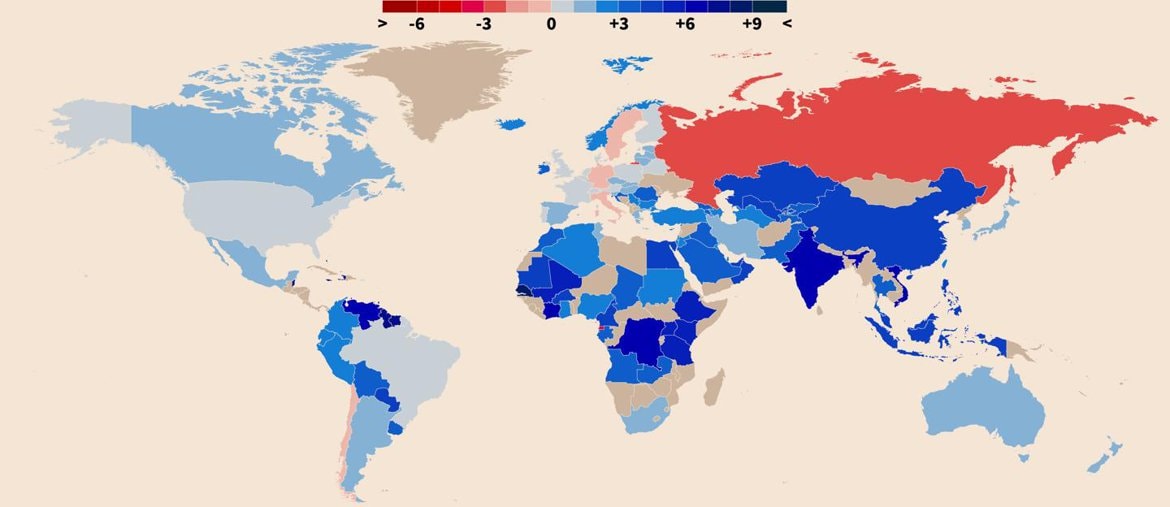A 2023 of recession for Italy and Germany, which will close the year with a contraction of GDP, respectively, of 0.2 and 0.3%. Growth slowed for the Eurozone, but also for the United States and China. The new forecasts of the International Monetary Fund, released on 11 October, photograph the materialization of the risks indicated by analysts for some time: if for 2022 global growth remains confirmed at 3.2%, that estimated for 2023 suffers yet another cut , which lowers it to 2.7%, compared to 2.9% expected in July. This is the weakest growth since 2001, except for the recessions triggered by the financial crisis and Covid-19.
As anticipated in recent days by the director general of the IMF, Kristalina Georgieva, between the end of 2022 and 2023, countries that represent about a third of the global economy will record a decline in GDP for two consecutive quarters (technical recession). And even when there is growth, it will seem to be in a phase of contraction. “The worst is yet to come,” writes the Fund’s chief economist Pierre-Olivier Gourinchas. Also because the picture remains dominated by downside risks, with the “powerful” destabilization fueled by the increasingly brutal war waged by Russia.
Italy in recession in 2023
For Italy, the IMF expects a decline in GDP of 0.2% in 2023, with a downward revision of almost one percentage point compared to the 0.7% estimated in July. For 2022, however, growth should be 3.2%, 0.2% more than in July, thanks to the recovery recorded by tourism and industrial production. The decline in public debt stops, which remains around 147% in 2022 and 2023, from 151% in 2021, while the deficit is estimated at 5.4% this year and 3.9% in 2023.
It is even worse for Germany. The contraction of GDP in 2023 will be 0.3%, against an estimated growth of 0.8% in July. In 2022, German GDP will rise by 1.5% (+ 0.3% compared to July estimates).
In the Eurozone, GDP growth is forecast at 3.1% in 2022 (+ 0.5% compared to July) and at a fragile 0.5% in 2023, with a major downward revision from 1.2% estimated six months ago. This is the effect of the war in Ukraine, with particularly marked effects for the economies most exposed to Russian gas, as well as the monetary tightening launched by the ECB to contain inflation.
